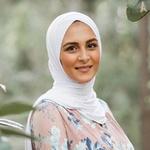Joohi Tahir Cares About Making Our Spaces Inclusive for Disabled Muslims – She Wants You to Care, Too
Community
|
Nov 23, 2022
|
9 MIN READ
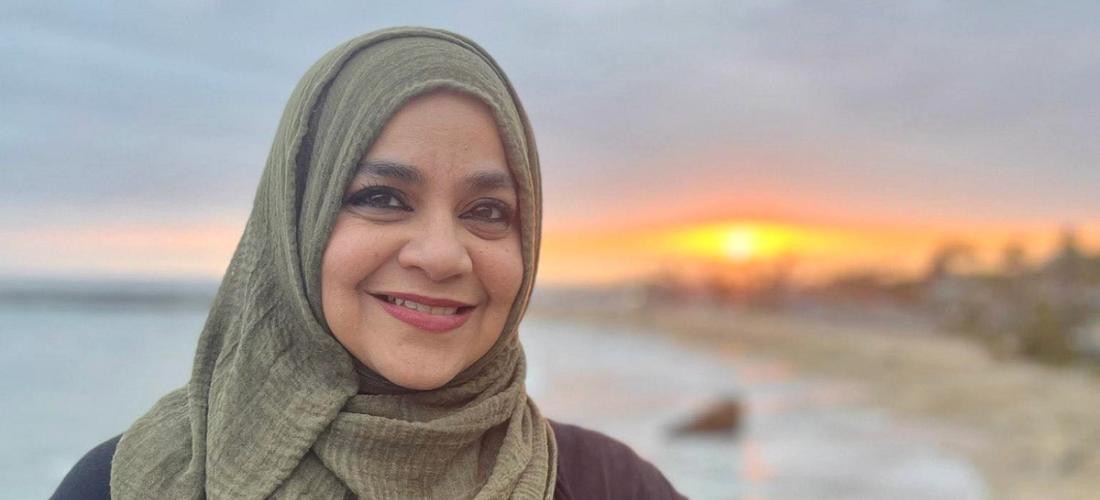
Muhsen Executive Director Joohi Tahir
Editor's Note: This article is part of our annual Women in Charity series. Check back throughout the month for more stories of dynamic Muslim women working in various charitable endeavors and why they do what they do. Also, full disclosure – our HH blog editor serves on the Board of Advisors for Muhsen.
When Joohi Tahir and her husband made the decision to perform hajj in 2012, they didn't know that this blessed journey would plant the seed for a future project for which she, and so many others, desperately longed. As parents of a daughter with special needs, Joohi and her husband depended on Allah (S) and were supported by their close family and friends to look after their children as they made their religious obligation of hajj.
Leading their hajj group was none other than Imam Omar Suleiman, along with other religious leaders.
Joohi describes the hajj group as one family. They had a lot of access and personal time with the religious leaders. She recalls Imam Omar making time to chat with each family, and of course Joohi could not help but share that she had left her children, especially her daughter with special needs behind to go on this journey. He was affected by Joohi’s personal story but didn’t say much at the time besides making du’a for the family and asking for Joohi’s contact information. He told her he would reconnect with her after hajj.
Imam Omar stayed true to his promise and emailed Joohi after returning from Hajj. He flew out to meet with Joohi and her husband in Chicago and shared with them his personal story caring and advocating for his mom, who developed physical disabilities due to illnesses and medical issues. He shared with Joohi and her husband the document he had put together over the years that stored all of his ideas on how to integrate Muslims with special needs into the community and masajid.
Because of his many roles and obligations, the imam was never able to put his plan to work. And although he could not be in an active role bringing his vision to life, Imam Omar Suleiman asked Joohi to help bring his idea to fruition with his full support.

Imam Omar Suleiman
With Imam Omar’s backing as the founder of Muhsen, Joohi began her work building the disability-focused organization from the ground up. Muhsen (Muslims Understanding and Helping Special Education Needs) is a nonprofit organization serving individuals with disabilities and works with local mosques to create more inclusion and accessibility, helping to weave some of the most isolated individuals back into the fabric of our Muslim society.
I spoke with Joohi, the executive director of Muhsen, about what drives her to build Muhsen, some of the challenges she’s faced and why she wants everyone to understand – as she does – that it’s crucial for Muslim spaces to be more inclusive of those with disabilities.
Tell me a little bit about yourself, your background and how you first got involved with Muhsen.
Joohi: My journey began when my daughter, Mehreen, was diagnosed with autism around two years old. Prior to her diagnosis I was unaware of the world of disability. After her diagnosis, she began to become more isolated in the community and could not participate in programs in the masjid like her sisters did, due to the lack of acceptance and resources for her and others with special needs.
There was one instance I remember vividly when I took her with me to Friday prayers and an older aunty told me “You know it’s okay, you can pray at home. It’s not fard for you to pray here.” I will never forget that moment. I quietly went home and cried. I was going to the masjid with my child, but I was not welcome and didn’t belong.
Another story that will always stick with me is when I took my daughter to her sister’s school recital and a mom kept looking at my daughter and scooting her own away from us – as though my daughter’s disability was contagious. I knew this was not unique to my family, we couldn’t be the only family going through this discrimination. [I spent] 10-11 years in isolation. The rest of the family would go to the masjid and attend social gatherings and community events while my husband and I took turns staying home with our autistic daughter.
We couldn't even go to Eid salah as a family. Someone always had to be home with my daughter in case she ran away during salah or made too much noise during the khutbah.
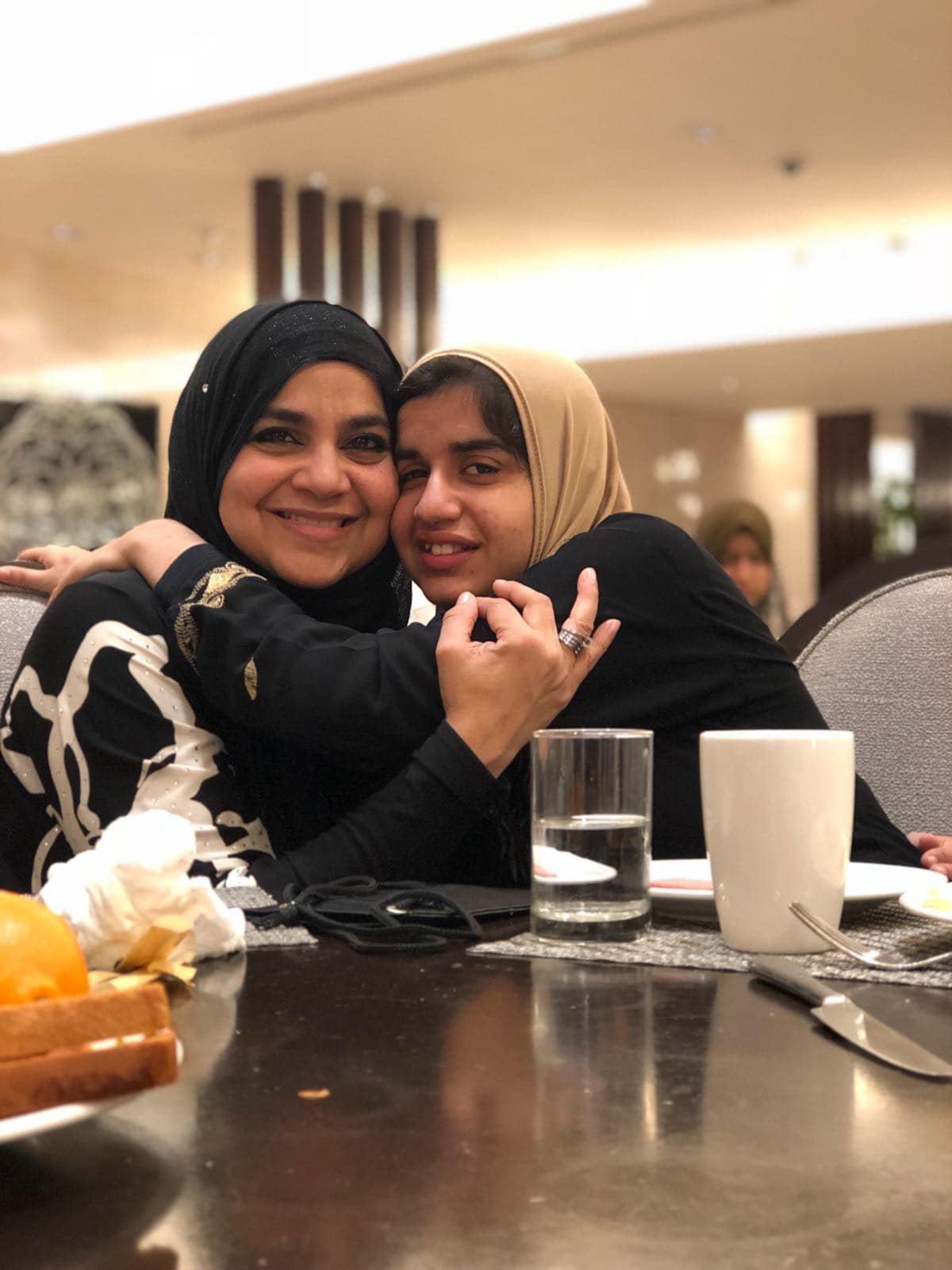
Joohi and her daughter, Mehreen.
It wasn’t until my husband and I went to Hajj in 2012 and our interaction with Imam Omar Suleiman did things start to take a turn. I wrote up a business plan for what Muhsen would become that included slides of what is currently available and what is missing for Muslims with disabilities. I did a few community talks where I met families and other moms who were having similar experiences as my own.
I started making slides with what the organization could look like; all of this took lots of time and effort. I presented what I had come up with to Imam Omar, who gave me his full support and backing, although he could not be involved in running the program himself. Imam Omar always says, “Muhsen is my first born, Yaqeen is my second.”
It’s very important for us that special needs and disability advocacy is a community role, not just on families. The support and drive should come from the leaders of our communities as well. Muhsen was created even for people without disabilities because it is everyone’s responsibility. Members of society that have disability should not be an afterthought
What types of programs & services does Muhsen offer?
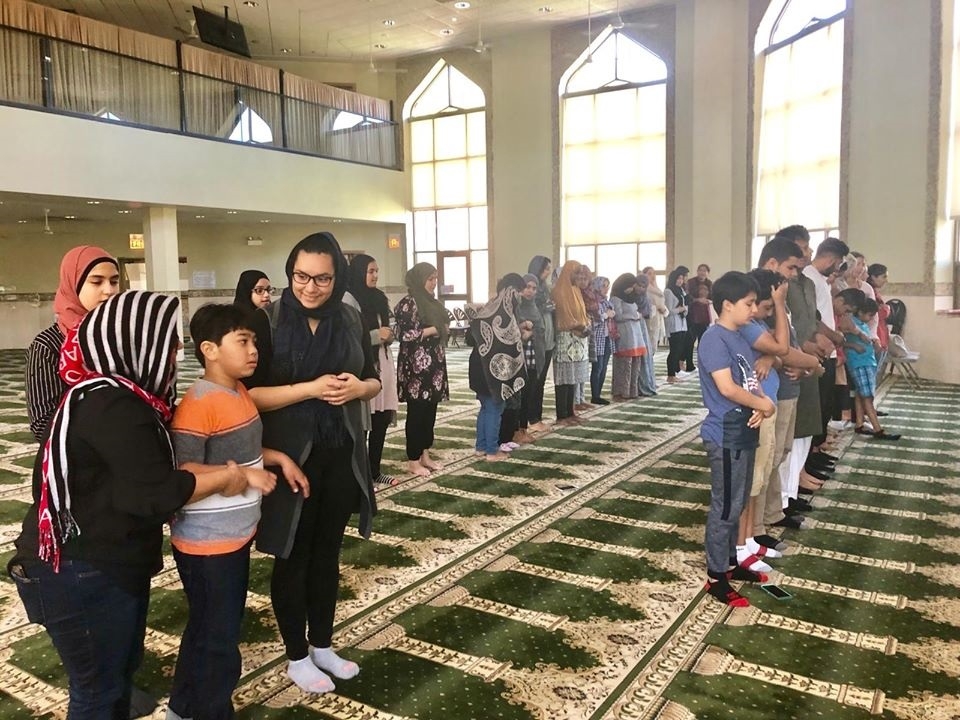
Children and young adults with disabilities pray salah together through a Muhsen program.
Alhamdulillah, we have a wide selection of services and programs that you can read more about under the “Muhsen In Your Community” tab on our website. Some of our iconic programs are the Masjid Certification Program, the Respite Care Program, and the Weekend School Program.
The Masjid Certification Program is our landmark program that was built with Imam Omar Suleiman. We now have over 85 masajid certified. There are three levels, silver, gold and platinum each highlighting a better level of excellence. We provide your masjid with certification on how to provide access to physical accessibility of the masjid as well as emotional support. Our tagline is Awareness, Accommodation, Acceptance, and the order matters.
Awareness makes people aware that there is a challenge, you talk about it during your khutbah. You host awareness events and take surveys. Next you accommodate these individuals with special needs and disabilities. Your masjid provides support groups for caregivers, childcare and programs for the youth with special needs. Acceptance is truly including and accepting these individuals as part of your community. Your masjid makes them part of the board, includes them in decision making, and they feel welcomed into your spaces.
The Respite Care Program is meant to give the family a break. Being a caregiver for a family member with a disability is an around-the-clock job. Sometimes you don’t always have the help you need to go to your appointments, get groceries or take a break and recharge. Caregivers also need to look after themselves in order to better serve their loved ones. We provide training for volunteers, who are certified by Musen and undergo extensive online training as well as training modules that are created especially for Muhsen’s Respite Care clients.
Our Weekend School is a program that caters to the needs of the children and their abilities. Instead of turning our special needs children away from Sunday and weekend school at the masjid, our program invites them to learn through individualized lesson plans that focus on their needs. At Muhsen we have trained teachers and teaching assistants and ship out our own curriculum to help the teachers get started.
Our Good Day Program (Adult Day Program) is catered towards adults starting at the age of 22 who are unable to attend college or get a competitive job. My daughter goes to Muhsen Good Day and is involved in all sorts of activities such as arts, crafts and community service. We have partnered with Penny Appeal a few times and the young adults packed hygiene and household cleaning kits for the homeless. They also participated in food drives.
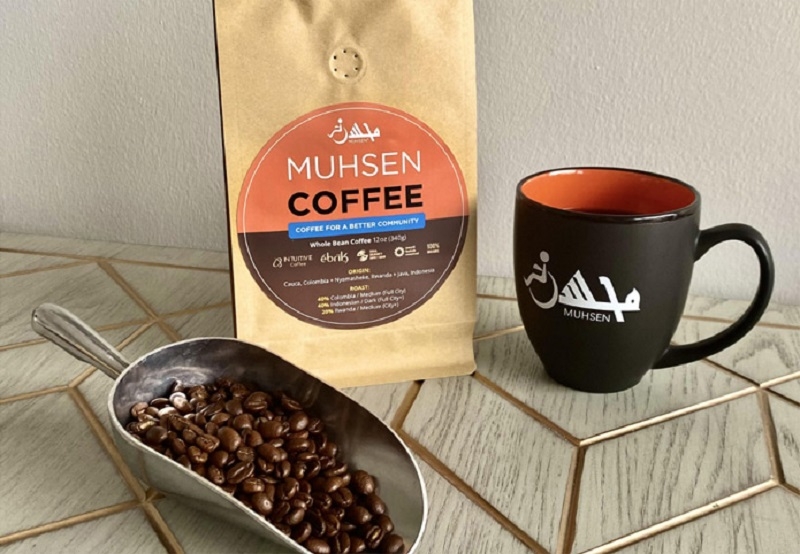
Muhsen coffee
One of the most exciting parts of our Good Day Program is Muhsen Coffee. Participants of the Good Day program work hard to fulfill coffee orders by weighing, measuring, packaging and mailing out finished products. This is a job for our young adults that gives them a sense of purpose. It’s so innovative!
Tell me more about Muhsen Umrah, this one-of-a-kind experience.
The mission of Muhsen is to accommodate Muslims back into the houses of Allah (S), back into the places of worship. So, what better place to take them than the Ka’bah itself. Most groups do not recommend the elderly or people with disabilities to go to umrah or hajj. In 2011 my husband and I took our autistic daughter to umrah, and she had an amazing experience.
My daughter has a connection with Allah (S) that we do not have. On that trip, her face lit up once she saw the Ka’bah. Her eyes were fixated at something in the sky that left an amazing smile on her face. Everyone around her felt her energy and couldn’t help but smile also. She saw something that no one else could see.
At Muhsen we have decided as a group that we are going to take families to umrah and guide them every step of the way. We take care and caution in planning every detail of the trip and pair up each Muhsen family with a trained Muhsen volunteer. The volunteers provide up to eight hours a day of services to the family. We also have imams and sheikhs who join our trips and offer talks and tours that are accessible to all members of the family.
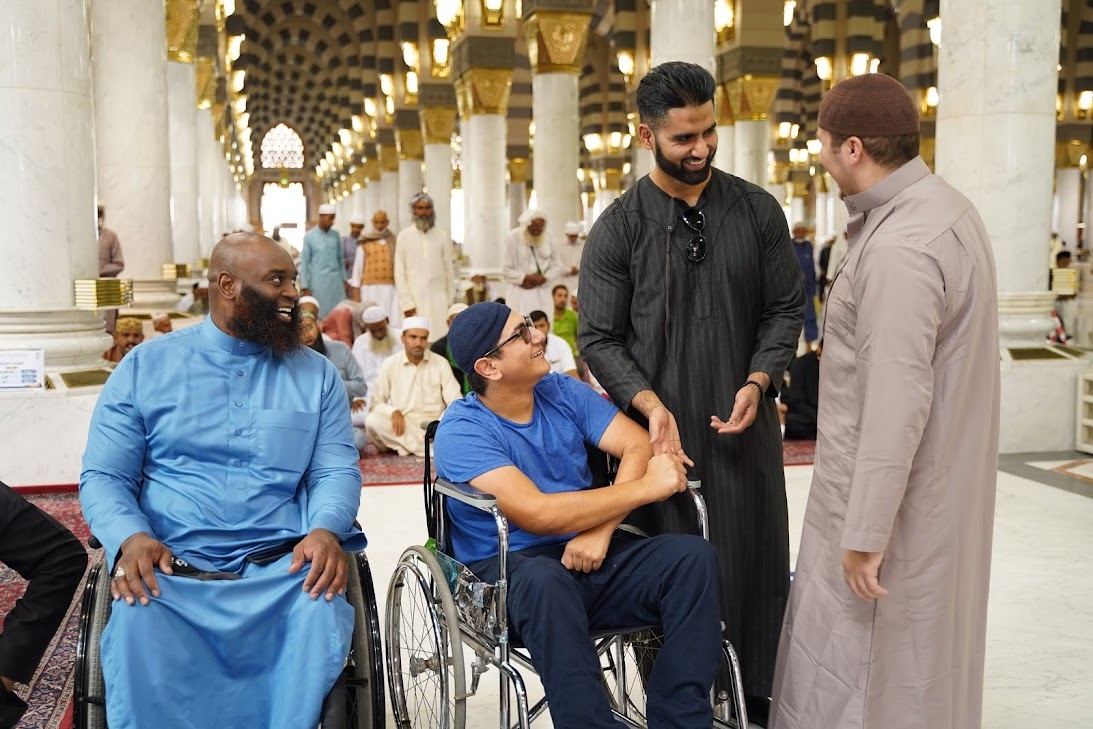
Pilgrims gather during Muhsen umrah.
On our umrah trips, we become one family, and you see everyone eager to help one another. It is not uncommon to see a sheik pushing a wheelchair around. If one family is struggling with their child, you will see a swarm of volunteers ready to assist. This trip is a group effort and operates like a family.
What are some challenges you have faced?
Our communities are close minded. Going in as a female to talk to the masjid boards is especially challenging. The common response I get is “Sister, we don't have people like this in our community.” The hardest part is getting people to understand that Muslims with special needs and disabilities do exist, you just don't see them because they are not welcome in our mosques and community spaces.
The main question I get is “How many are there?” This is wrong. It’s not about how many – one or 100. I try to drive home the fact that disability and special needs can happen to anyone, at any age. It can be caused by an accident, old age or a serious illness as was the case with Imam Omar Suleiman’s mother. The disabled community is the largest and most vulnerable minority group in the world.
There is a lot of work to be done within each of our own communities surrounding the stigma that comes with the topic of disability. Many imams will say they do not know how to talk about this topic and refuse to bring it up in Friday sermons. An internal change within our communities needs to happen, through scholarship, in order to move forward and shift our views.
What advice do you have for others to encourage them to make time for volunteer/charity work?
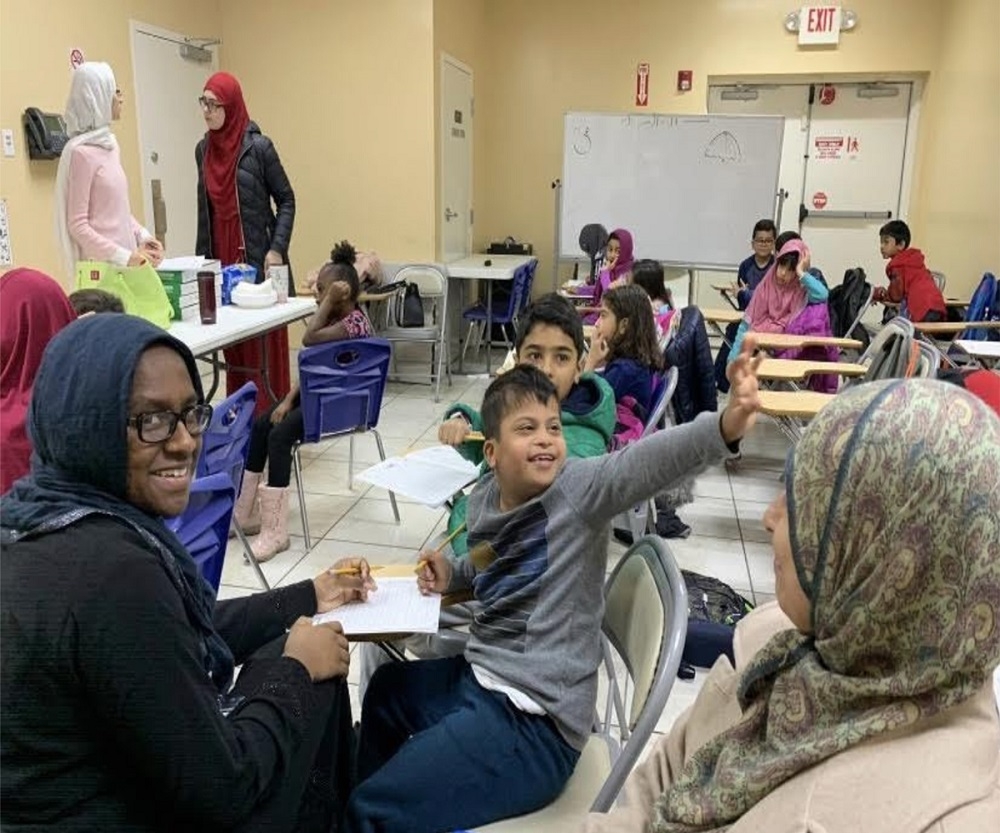
Children gather for lessons during one of Muhsen's Weekend Schools.
If you know anyone in your community with special needs – an adult or a child – don’t avoid them. Reach out to them and include them. Say salam, and make it a point to sit and talk to them.
Break down the barrier that is blocking our communities from allowing these innocent souls into our spaces. They are human beings just like anyone else. Allah (S) has reserved a special status for these individuals in Jannah, so look out for them and take them in. The pen is lifted for them, they do not sin.
These are the people Muhsen serve. I look at my daughter, and I say that this person is guaranteed Jannah, and I have been chosen to be her mother and to serve her everyday. What can that mean for me? If this is who I get to serve during my lifetime, then that is enough for me.
To learn more about Joohi and her work at Muhsen, please visit their website.
Subscribe to be the first to know about new product releases, styling ideas and more.
What products are you interested in?

